Philosophy or religion? Which is Buddhism? It is a common question. You can find many people who offer very different opinions. What is Buddhism all about?
In this very short audio clip, a student asks this specific question. Phakchok Rinpoche explains the vastness of what we call “Buddhism.”
Beyond Easy Categories
Buddhism is actually “all and none” as he describes. It is not something we can pin down with a category. Yes, we can say that it is a way of life. Some would say that it is a philosophy. Moreover, in some ways, we could describe it as a science because it is a science of the mind.
At the same time, Buddhism contains a very strong sense of ethics. Because of that, it could be thought of as a religion. Buddhists believe that we are responsible for our own actions. Simply stated, our actions and our feelings are our own responsibility.
Four Simple Questions
Rinpoche then continues by explaining the core message of Buddhism that we might not know. He says that there are four simple questions that Buddhists like to answer. And these are basic human questions that we all can consider.
- Why do we suffer? We could also say pose the question, ” why do we feel stressed or anxious, or uncomfortable”?
- What is the cause of suffering?
- Can I really be free of this suffering?
- What is the way to be free?
These questions are helpful for all of us to ask. In Buddhism, the answers to these questions become the “four truths of the noble ones.” We may have heard of them as “The Four Noble Truths.” But if we think about them, that is a fancy name for what comes down to simple, yet fundamental questions. These are important reflections for everyone–regardless of whether they are interested in Buddhism or religion. These questions are a philosophical inquiry worth making.
Reflection Exercise
Try it for yourself–spend some quality time thinking about these fundamental questions. Write them down, and puzzle over them for the next days or weeks.
And really take some time to think about your own answers. Perhaps you’d like to discuss your answers with friends, or with a Dharma teacher.


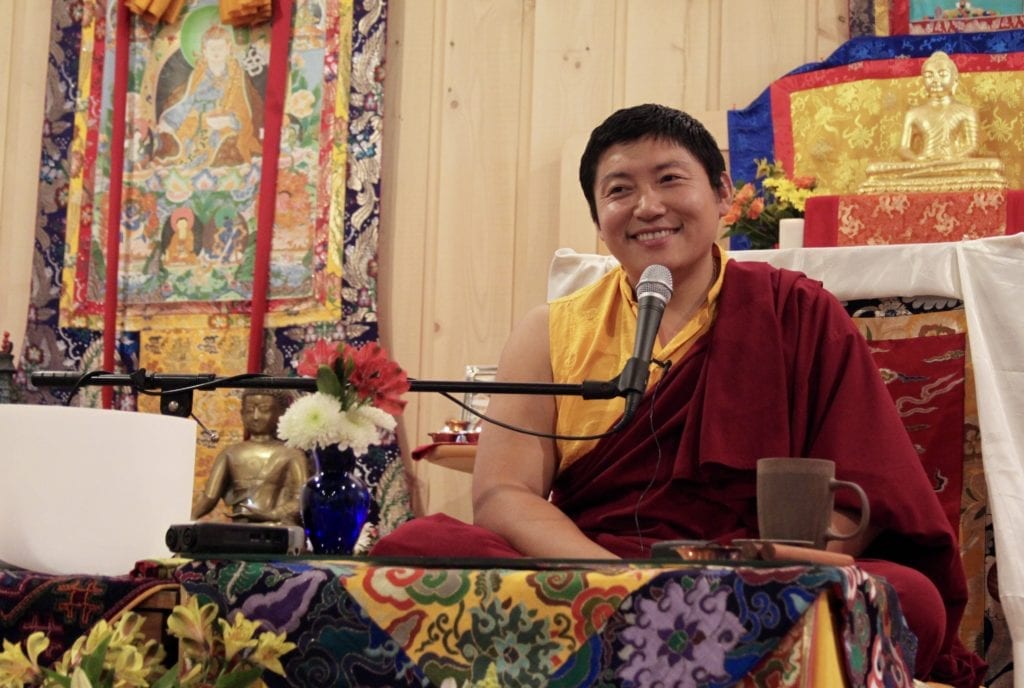
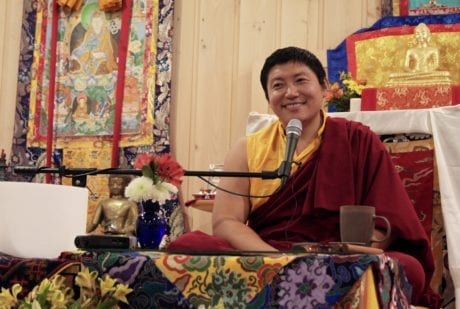
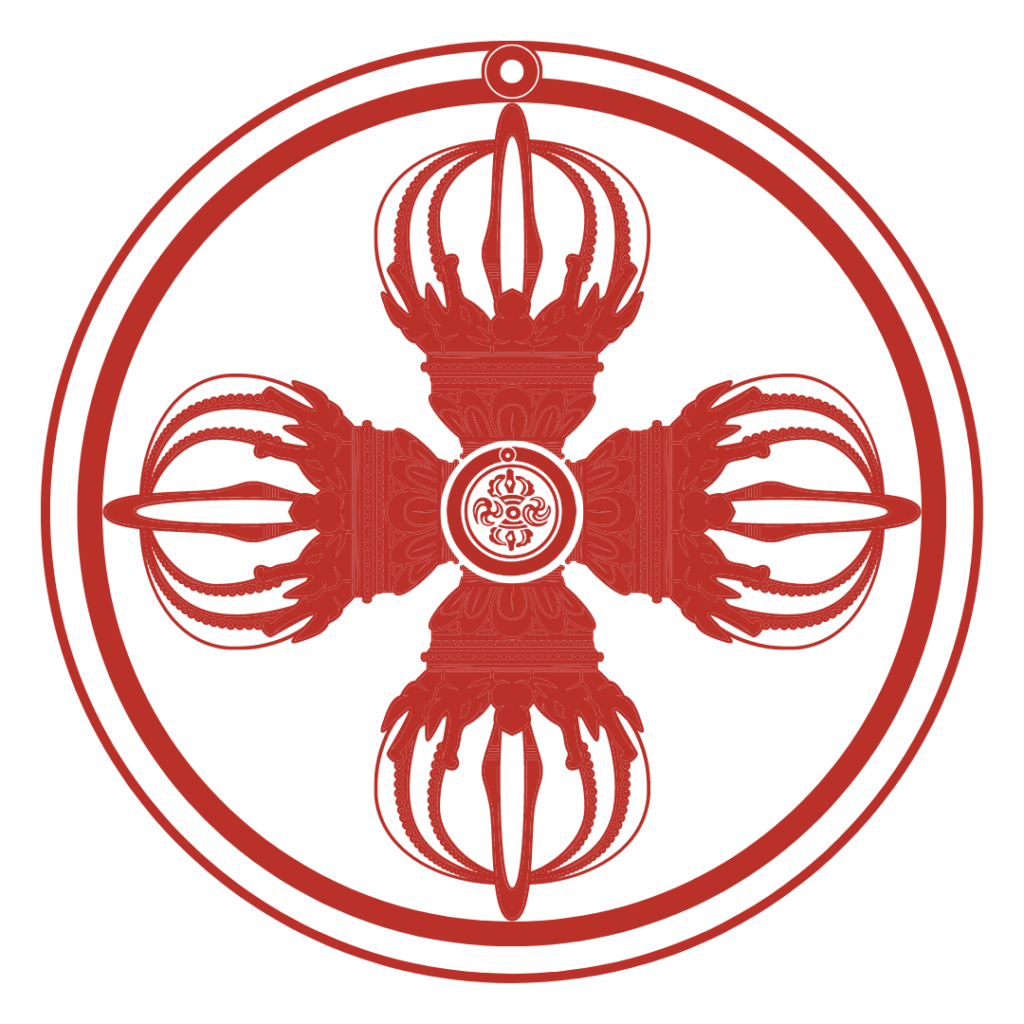
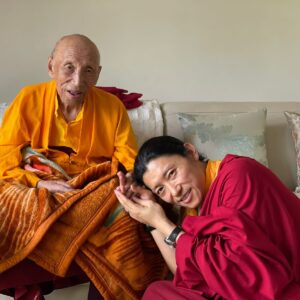
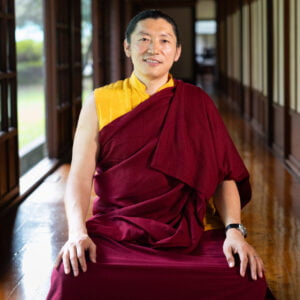
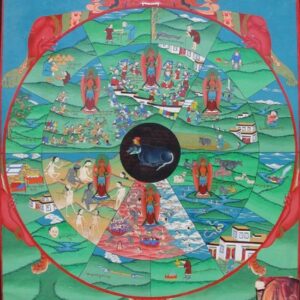
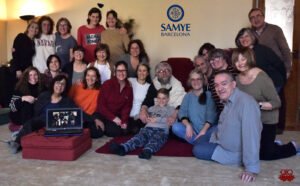
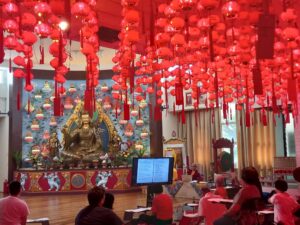
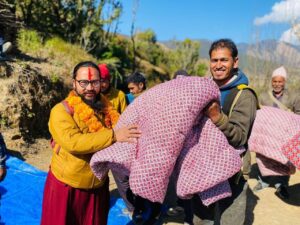
Responses